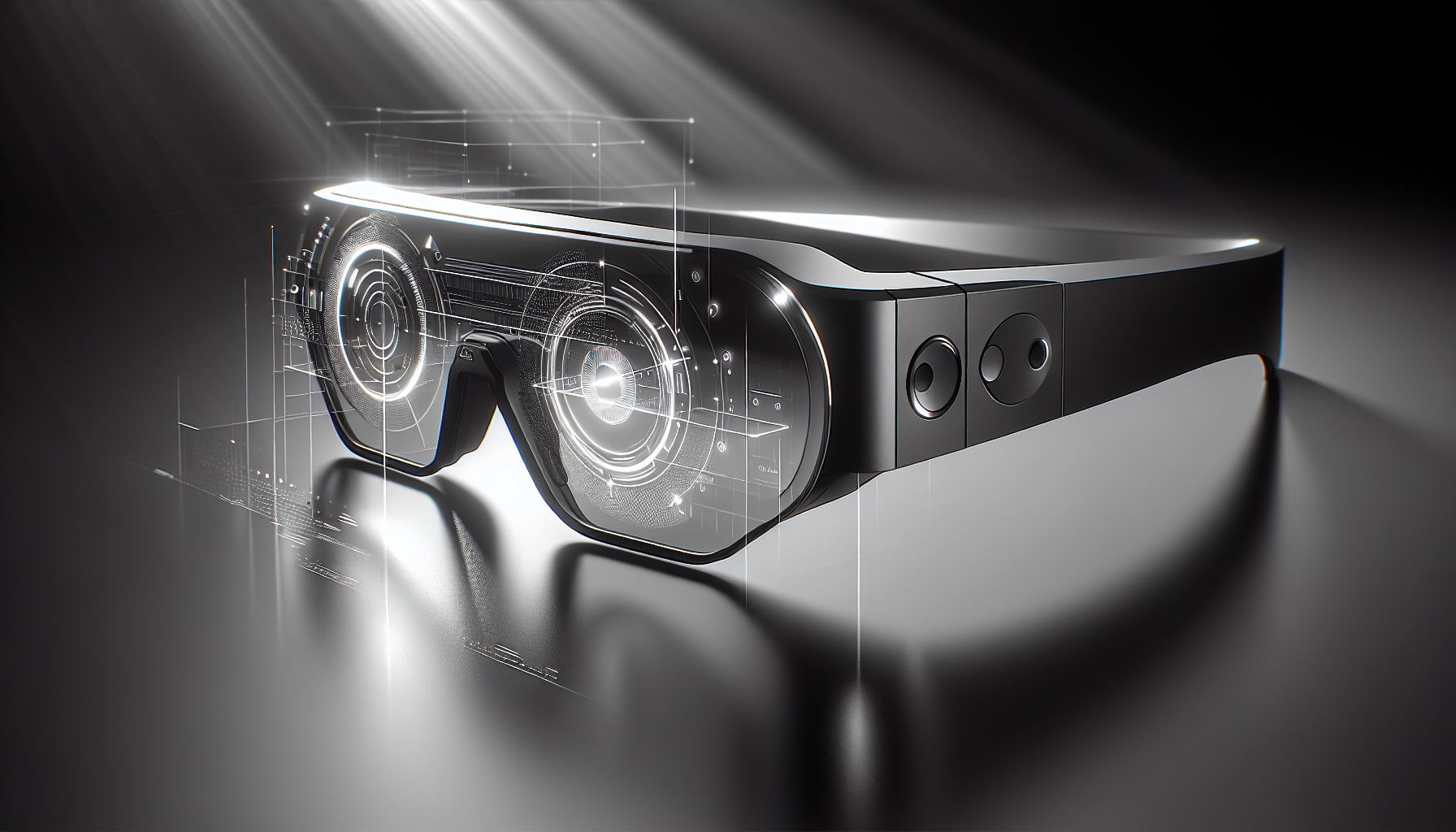The Future Just Got Closer
What if your next computer wasn't in your pocket, but on your face? Meta's new Orion AR glasses prototype, unveiled at Meta Connect 2025, is more than just a gadget-it's a bold vision of what comes after the smartphone. And it's not science fiction anymore.
Weighing just 100 grams and packing a 70-degree field of view, Orion is Meta's most ambitious step yet in augmented reality. Transparent lenses project holographic displays directly into your line of sight. No phone. No wires. Just you and a digital layer over the real world.
What Makes Orion Different?
Unlike bulky headsets or clunky smart glasses of the past, Orion is designed for everyday wear. It looks and feels like a pair of high-end sunglasses, but with a brain powered by Meta's proprietary AI. That means real-time navigation, hands-free messaging, immersive media, and even virtual workspaces-all controlled by your eyes and voice.
The glasses integrate seamlessly with Meta's ecosystem. You can check WhatsApp messages, scroll Instagram stories, or join a video call without lifting a finger. It's a frictionless experience that feels more like magic than tech.
Battery life has long been a pain point for AR devices. Orion manages up to four hours of continuous use, a notable achievement for such a compact form factor. It's not all-day wear yet, but it's a step in the right direction.
Why Now-and Why Meta?
Meta has been pouring billions into AR and VR through its Reality Labs division. Since 2014, the company has invested over $50 billion in R&D. Orion is the clearest signal yet that this long-term bet is starting to pay off.
Mark Zuckerberg called Orion "a glimpse into the future of computing." That's not just marketing speak. The device hints at a world where screens disappear, and digital content lives in the space around us. It's a shift as big as the move from desktop to mobile.
But Meta isn't alone in this race. Apple's Vision Pro, launched earlier this year, offers a more immersive experience-but in a much bulkier package. Orion's lightweight design could give it an edge in everyday usability. And while Apple keeps its ecosystem tightly closed, Meta is leaning into openness, especially with its AI models. That could be a game-changer for developers and users alike.
Challenges Ahead
Despite the excitement, Orion isn't ready for store shelves. Meta says a commercial release won't happen before 2027. Manufacturing at scale, reducing costs, and refining the user experience are still major hurdles. Early estimates suggest a price tag between $1,000 and $1,500, which could limit accessibility.
Then there's the issue of trust. Meta's track record on privacy is far from spotless. Putting always-on cameras and sensors on your face raises serious questions. Who's watching? What's being recorded? And how will that data be used?
Analysts are split. Some see Orion as the next iPhone moment. Others warn it could go the way of Google Glass-technologically impressive but socially awkward and commercially niche. "The tech is impressive, but consumer trust and practical use cases remain hurdles," said Sarah Lin, a senior analyst at Gartner.
What You Can Do With It
At Meta Connect, live demos showed off Orion's potential. In one, a user navigated a crowded city street with turn-by-turn AR directions floating in front of them. In another, a remote team collaborated in a shared virtual workspace, each person represented by a holographic avatar. There were also games, fitness apps, and even real-time language translation.
It's not hard to imagine the possibilities. Imagine cooking with a recipe floating above your stove. Or fixing your car with step-by-step instructions projected onto the engine. Or attending a concert where digital effects enhance the live performance. Orion isn't just a new device-it's a new way of seeing the world.
The Bigger Picture
AR is no longer a niche. Meta reported 10 million active VR users in 2024, and interest in immersive tech is growing fast. Orion could be the bridge that brings AR into the mainstream. It's not perfect, and it's not finished. But it's real. And it's coming.
Whether Orion becomes the next big thing or just another stepping stone, one thing is clear: the way we interact with technology is about to change. Not with a bang, but with a blink.
